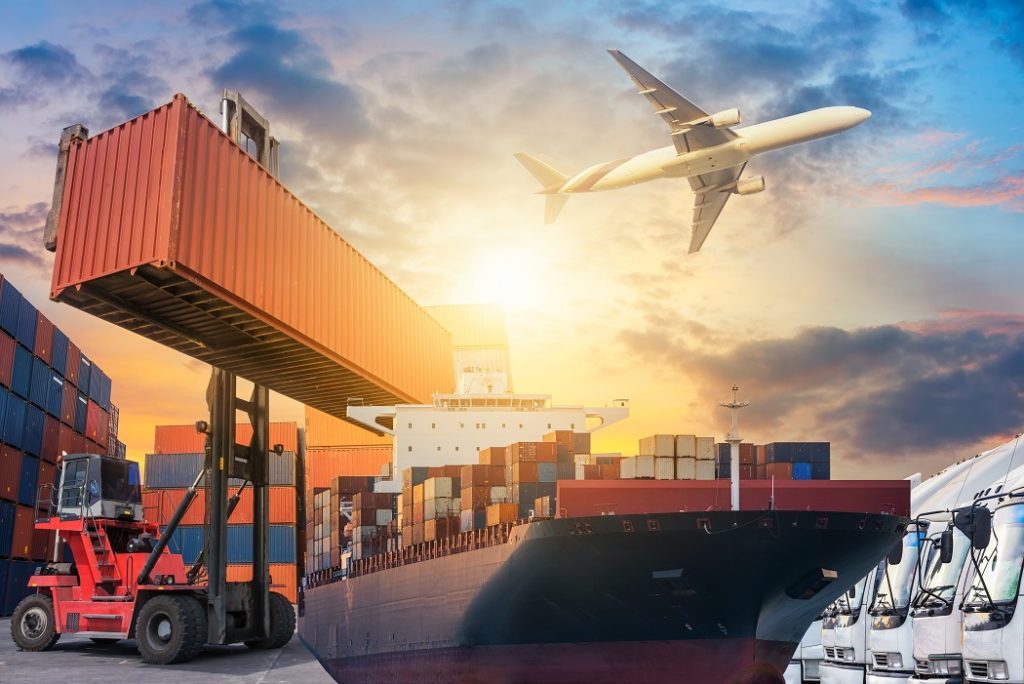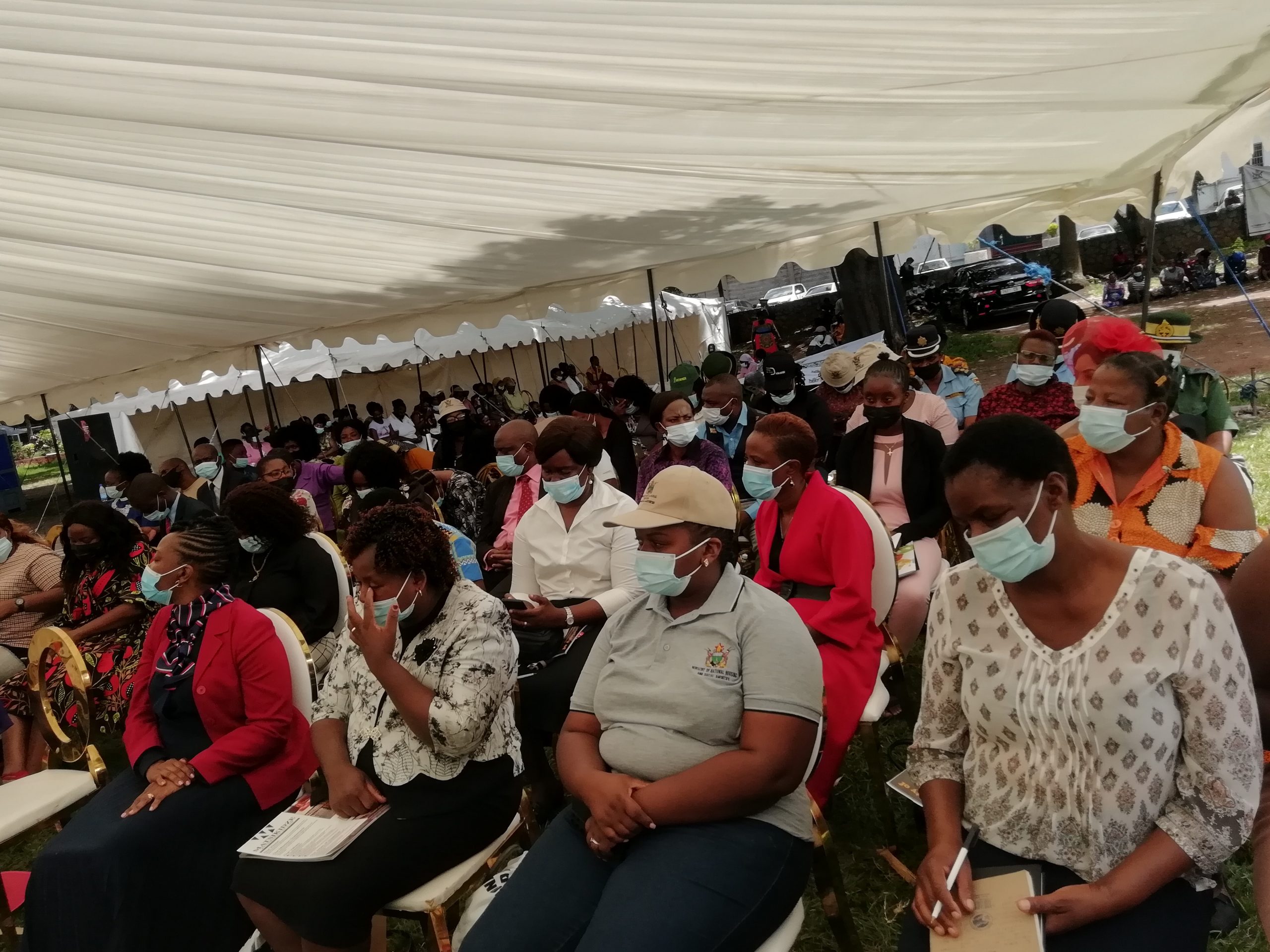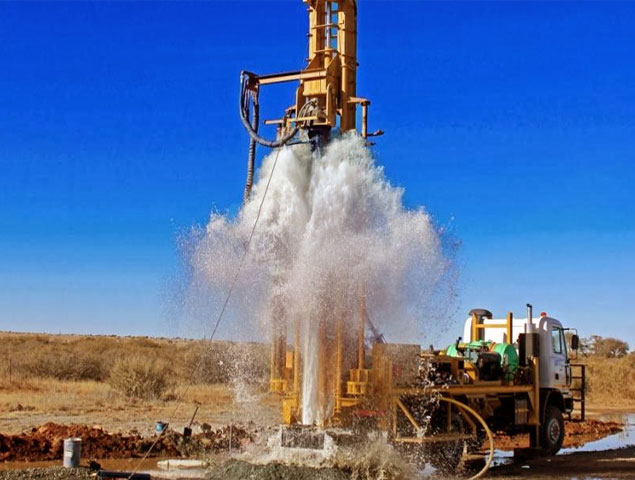Govt clamps down on substandard imports
Share

Harare (New Ziana) – Second-hand vehicles and spare parts will now be required to undergo rigid quality checks pre-shipment or at ports of entry, along with other specified import products before they can enter Zimbabwe, the government announced on Tuesday, scaling up efforts to curb the importation of substandard goods into the country.
Industry and Commerce permanent secretary Mavis Sibanda said the government had roped in the Standards Association of Zimbabwe (SAZ), Cotecna Inspections, and EAA to conduct quality checks of import goods under the Consignment Based Conformity Assessment Programme (CBCA).
Cotecna, founded in 1974 in Switzerland, is a leading provider of testing, inspection, and certification services with a presence in over 50 countries, while EAA Company Limited is an automobile pre-shipment inspection company originating from Japan with inspection facilities across Japan in places including Yokohama, Kawasaki, Kisarazu, Nagoya, Osaka, and Kobe.
This, Sibanda said, is in addition to Bureau Veritas (BV), a French certification firm, which Zimbabwe has used since 2016 to provide pre-shipment inspection services in the country of origin of imports destined for Zimbabwe.
“Since inception of the programme, my Ministry has been inspecting new vehicles, (but) now all vehicles whether new or used including new and used spare parts will be subjected to pre-export verification by Bureau Veritas, Cotecna Inspection SA and EAA Company limited. Vehicles and spare parts that arrive in the country without a certificate of conformity will be subjected to destination inspection,” she said.
The bulk of second-hand car imports into Zimbabwe are from Japan.
Statistics from the Zimbabwe Revenue Authority (Zimra) indicate that vehicle imports grew by 9,9 percent to 55 500 from 50 781 between 2019 and 2020.
“The Zimbabwe Revenue Authority will be vigilantly enforcing the full implementation of this programme at all ports of entry.”
Sibanda said an influx of substandard goods had created an uneven playing field in the local market and were exposing Zimbabweans to potential health and environmental hazards.
“Some of the cases that have been reported include substandard packaging, wrongly quoted measurements, and more worryingly poor quality food, electrical equipment, fuel, etc.
“Under the general goods category, all goods listed under S1. 124 of 2020 which include medicaments, electricals, children’s toys will be inspected by Bureau Veritas and Cotecna Inspection SA before they are shipped to Zimbabwe. Goods not meeting international, regional, and local standards will not be shipped into Zimbabwe,” she said.
“The second category, which is pre-export verification of consolidated consignments, refers to small consignments of various products that have been consolidated into one cargo shipment via unregistered or a non-registered consolidator. Such consignments are usually brought into the country by the so-called Malaichas, among other players who import them without going through the CBCA process endangering unsuspecting consumers. These small consignments will be inspected by Bureau Veritas and Cotecna Inspection SA.”
According to S.I. 124 of 2020, goods arriving at the point of entry without the required certificate of conformity shall be subject to destination assessment and to a penalty fee of 15 percent of the CIF value payable to the treasury.
“Where any goods are supposed to be assessed at their destination, the importer shall at his or her cost, move the goods to a bonded warehouse or any other suitable location to allow their assessment,” reads part of the SI which lists several import goods requiring certification such as sanitary wear, footwear, and stoves.
Further explaining, Sibanda said the new certification companies had been added to lessen the burden on BV.
“There are more products which were added in 2020 so we realised that for ease of doing business we then decided to increase the number of companies so that there are no delays. We do not want companies to say my things have delayed because we were in the queue for BV and also for that same reason, we have decided to put destination inspection so that those items which have not been checked outside the country when they come here they will be checked locally before they enter,” she told New Ziana.
In an interview, SAZ director general Eve Gadzikwa said the CBCA contract with the Ministry of Industry complemented its existing mandate.
“We are very excited because this means that some of the substandard products that were coming in we are now closing the gap,” she said.
New Ziana







